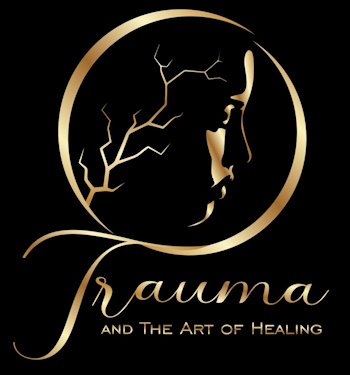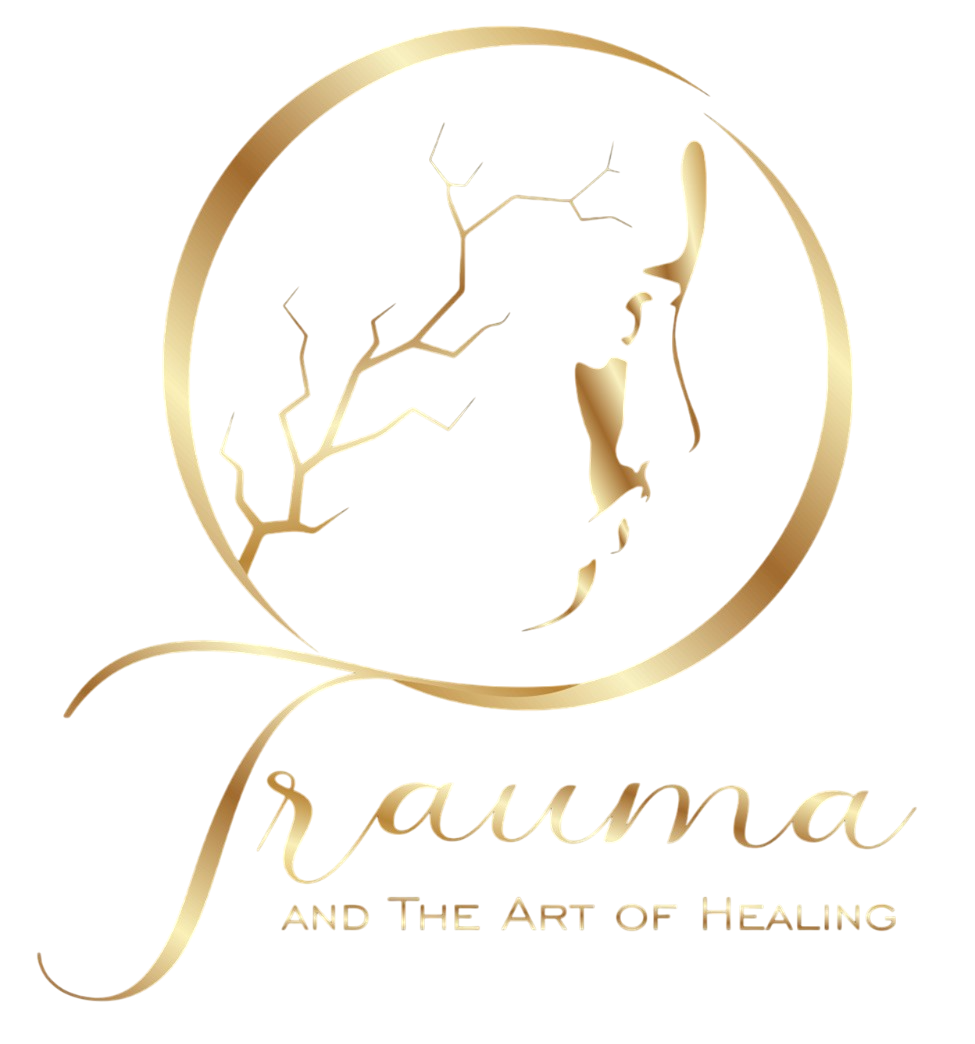Conflict Resolution
CONFLICT RESOLUTION
Enhancing Problem-Solving Skills, and Restoring Harmony
Conflicts are a natural part of life, arising in personal relationships, workplaces, families, and even within ourselves. While some disagreements are minor, unresolved or frequent conflicts can lead to emotional distress, strained relationships, and a breakdown in communication. At Trauma and The Art of Healing PLLC, we provide compassionate, evidence-based support to help individuals and families understand the root causes of conflict and develop effective strategies to foster resolution, understanding, and growth.

What Is Conflict Resolution?
Conflict resolution focuses on identifying, understanding, and addressing the underlying causes of disputes to foster constructive dialogue and mutual respect. It’s not just about ending arguments—it’s about learning to navigate differences in healthy, productive ways. Conflict resolution involves developing communication skills, emotional regulation, and problem-solving strategies that allow individuals to express their needs, listen actively, and find common ground.
Our approach integrates therapeutic techniques to help clients recognize unhelpful conflict patterns, manage emotional responses, and build stronger, healthier relationships. Whether you’re navigating challenges in your personal life, at work, or within your family, conflict resolution therapy offers practical tools tailored to your unique situation.

What are the common signs of Conflict Issues?
While everyone may struggle with conflict from time to time, certain patterns might indicate a deeper issue that requires therapeutic support.
Emotional and Relational Responses
- Frequent arguments, tension, or unresolved disputes
- Difficulty expressing feelings without anger or defensiveness
- Avoidance of conflict, leading to suppressed emotions or resentment
- Struggles with forgiveness, holding onto grudges, or feeling stuck in past conflicts
- Feelings of frustration, helplessness, or emotional exhaustion from repeated disagreements
Physical Symptons and Indicators
- Stress-related physical issues like headaches, fatigue, or muscle tension
- Sleep disturbances or trouble relaxing due to ongoing conflicts
- Changes in appetite or energy levels associated with emotional distress
Cognitive and Emotional Effects
- Trouble understanding or empathizing with others’ perspectives
- Persistent negative thoughts about relationships or self-worth
- Overthinking conflicts, leading to anxiety or stress
- Difficulty setting boundaries or asserting personal needs effectively
Impact on Daily Life
- Struggles in personal relationships, whether romantic, familial, or platonic
- Conflict or tension in the workplace, affecting performance or job satisfaction
- Difficulty maintaining friendships or building new connections
- Increased reliance on unhealthy coping mechanisms (e.g., avoidance, substance use)
Conflicts in Children and Teens
Children and adolescents may struggle with conflict due to developing communication skills, emotional regulation, or external stressors like school pressures or family dynamics. These conflicts can manifest in various ways, including:
- Frequent arguments with parents, teachers, or peers
- Defiance or oppositional behavior toward authority figures
- Withdrawal from social situations due to unresolved conflicts
- Aggression or bullying behaviors as a response to frustration
- Difficulty expressing emotions, leading to outbursts or shutting down
Early intervention can help young people develop effective conflict resolution skills, fostering healthier relationships and emotional resilience.
When Conflict Becomes Concerning
While disagreements are normal, persistent, intense, or harmful conflicts may indicate deeper issues that require support. It’s important to seek help when:
- Conflicts interfere with daily life—impacting relationships, work, or personal well-being
- There’s a pattern of unresolved disputes that lead to emotional distress or isolation
- Individuals experience persistent feelings of anger, frustration, or helplessness
- Communication breaks down entirely, making resolution feel impossible
- Attempts to resolve conflicts independently have not been successful or have escalated the situation
There’s No One-Size-Fits-All Approach
Every conflict is unique, and so is the path to resolution. Whether the challenges are recent or have been building over time, therapy offers a tailored, supportive approach to help you navigate disputes and build healthier communication patterns.
At Trauma and The Art of Healing PLLC, we believe that conflict isn’t a sign of failure—it’s an opportunity for growth, understanding, and deeper connection. With the right tools and support, you can transform conflict into an avenue for positive change in your life and relationships.
Contact us today to begin your journey toward healthier communication, stronger relationships, and lasting peace.
When to Seek Support
Conflict resolution therapy can be highly beneficial for anyone facing unresolved disputes or communication challenges in their personal or professional lives. It may be time to seek support if you or a loved one are experiencing frequent, unmanageable conflicts in relationships, struggling to express emotions or needs without triggering arguments, or noticing persistent tension and avoidance in your interactions.
Ongoing conflicts can take a toll on your mental health, self-esteem, and overall quality of life. If you feel stuck in a cycle of unresolved disputes and unsure how to move forward, therapy can provide the tools and guidance needed to foster healthier communication and lasting resolution.

